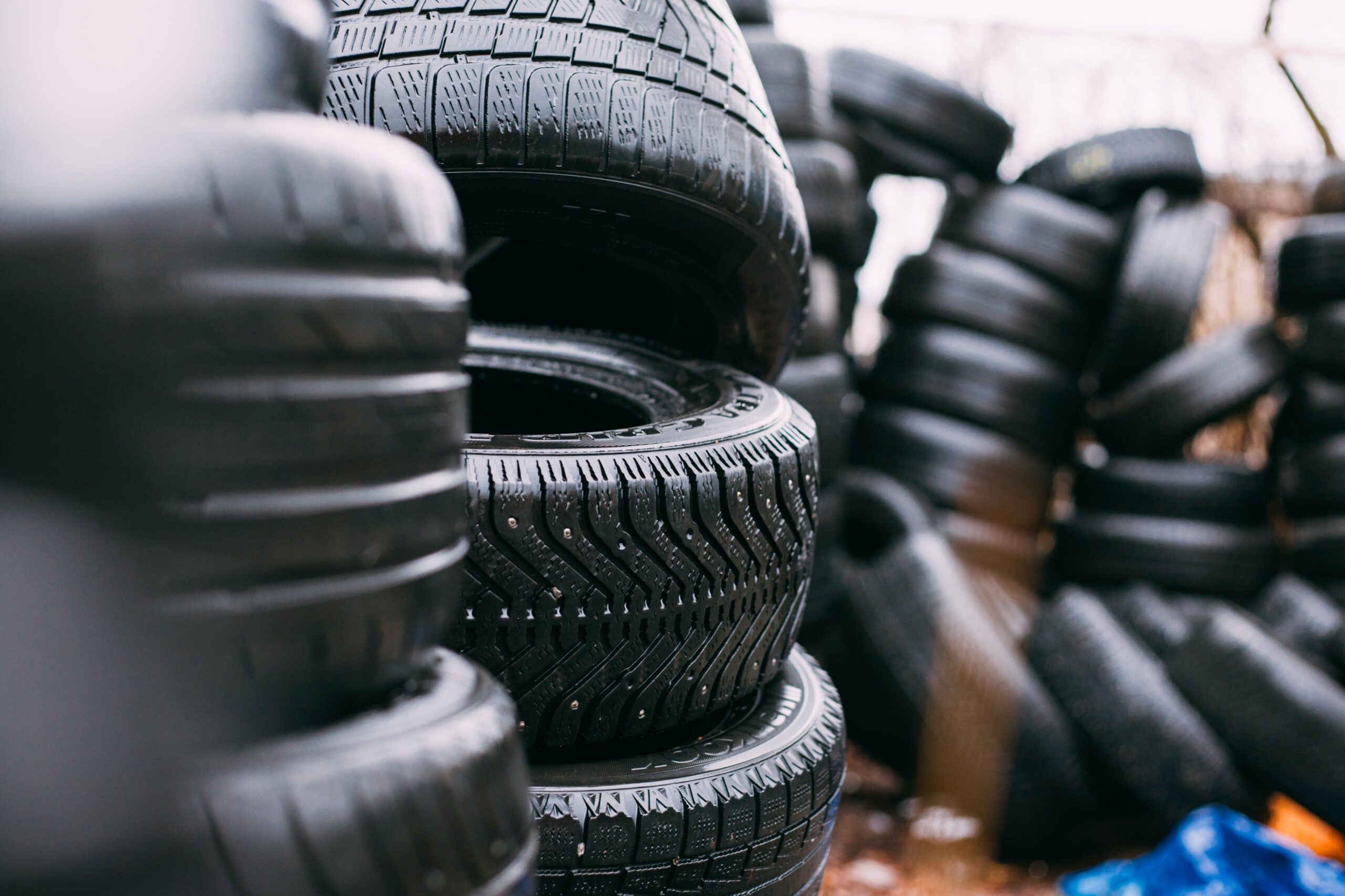If you’re unsure whether summer tires can handle rainy conditions, you’re not alone. While summer tires are designed to excel in warm weather, their performance in wet conditions may raise some doubts. This article aims to explore the capabilities of summer tires when faced with rainy weather and provide you with valuable insights to help you make an informed decision about your tire choice. Whether you’re planning a summer road trip or simply looking for the right tires to keep you safe during unexpected rain showers, let’s dive into the debate and determine if summer tires are up to the task.
What are summer tires?
Summer tires, also known as performance tires, are specifically designed to provide optimal performance and safety in warm weather conditions. These tires are typically made from a rubber compound that remains sticky even at high temperatures, allowing for improved grip and handling on dry pavement. While summer tires excel in hot weather, there are certain characteristics that make them less suitable for rainy conditions.
Characteristics of summer tires
Summer tires are designed with specific characteristics to maximize performance in warm weather. They have a tread pattern that prioritizes dry grip and handling, with larger tread blocks and shallower grooves. This design allows for increased contact with the road, resulting in better traction and responsiveness. Additionally, summer tires often have a specialized rubber compound that stays flexible in summer temperatures, further enhancing grip and cornering abilities.
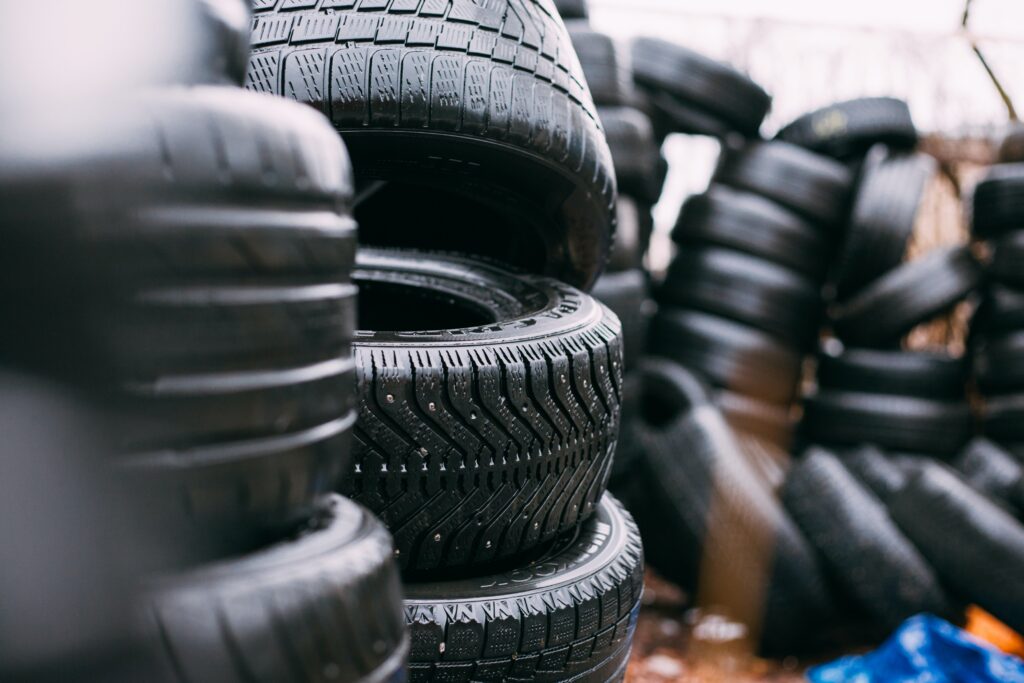
Tread design and water dispersion
One of the main concerns with summer tires in rainy conditions is their limited ability to disperse water. The tread design of summer tires typically focuses on dry performance, with less emphasis on efficient water evacuation. The shallow grooves and larger tread blocks are not as effective at channeling water away from the tire’s contact patch, which can lead to reduced traction and an increased risk of hydroplaning.
Tire compound and wet traction
The rubber compound used in summer tires is optimized for warm weather conditions, but it may not perform as well in wet conditions. The compound is designed to be sticky and provide excellent grip on dry roads, but it can become less effective in rainy conditions. When the road is wet, the rubber compound in summer tires may not be able to adhere as effectively, resulting in reduced traction and longer braking distances.
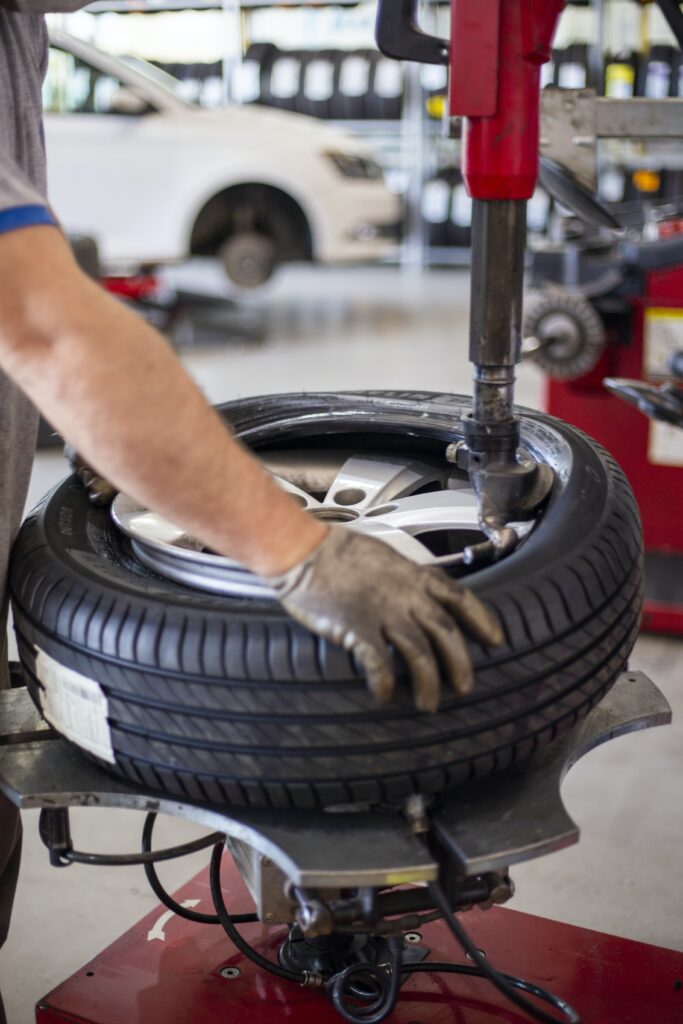
Wet braking performance
Due to the limited water dispersion and potentially decreased traction, summer tires may have compromised wet braking performance. When driving in rainy conditions, it is crucial to have tires that can quickly and effectively stop your vehicle. While summer tires may still offer decent braking capabilities on wet roads, they may not perform as well as all-season or winter tires specifically designed for wet conditions.
Aquaplaning resistance
Aquaplaning, also known as hydroplaning, occurs when a layer of water builds up between the tire tread and the road surface, resulting in a loss of traction and control. Summer tires, with their shallower grooves and larger tread blocks, are generally less effective at channeling away water and are more prone to aquaplaning. This can be particularly concerning in rainy conditions, as the risk of hydroplaning is higher and can significantly compromise safety.
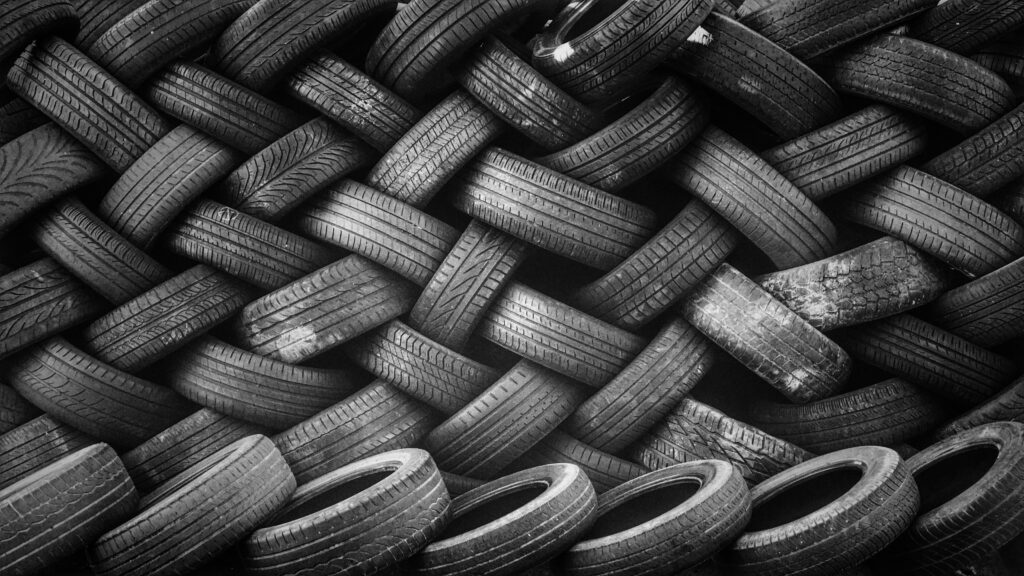
Handling and cornering on wet roads
Another aspect to consider when evaluating the suitability of summer tires for rainy conditions is their handling and cornering abilities. While summer tires excel in dry weather, they may exhibit reduced performance in wet conditions. The decreased traction and compromised braking capabilities can lead to less precise handling and reduced cornering grip. This means that you may need to adjust your driving style and be more cautious when driving on wet roads with summer tires.
Driving in heavy rain
When faced with heavy rain, it is crucial to prioritize safety on the roads. While summer tires may still provide a certain level of performance, it is advisable to exercise extra caution and adjust your driving technique accordingly. Reduce your speed, increase following distances, and avoid sudden acceleration or braking maneuvers. These precautions can help mitigate the risks associated with driving in heavy rain on summer tires.
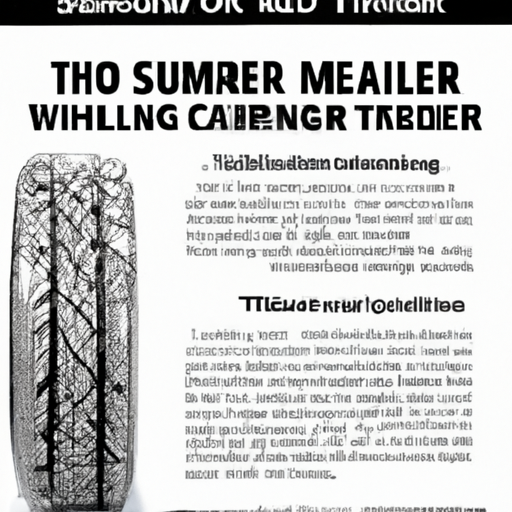
Consideration for rainy climates
If you live in an area with frequent rainfall or experience rainy seasons, it might be worth considering alternative tire options. All-season tires or specialized rain tires are specifically designed to provide enhanced performance and safety in wet conditions. These tires typically have deeper grooves and an optimized rubber compound that offers superior water evacuation and increased traction on wet roads. Investing in tires that are better suited for rainy climates can significantly improve your safety and overall driving experience.
Conclusion
While summer tires excel in warm weather conditions, they may not be the most suitable choice for rainy conditions. The shallow tread grooves, limited water dispersion, and specialized rubber compound make summer tires less effective in wet conditions. The compromised wet braking performance, increased risk of hydroplaning, and reduced handling and cornering grip are factors to consider when evaluating the suitability of summer tires for rainy climates. For areas with frequent rainfall, it is advisable to opt for all-season or rain-specific tires to ensure optimal safety and performance in wet conditions. Prioritizing your safety on the roads is paramount, so make sure to choose the right tires for your specific climate and driving needs.


